Faculty
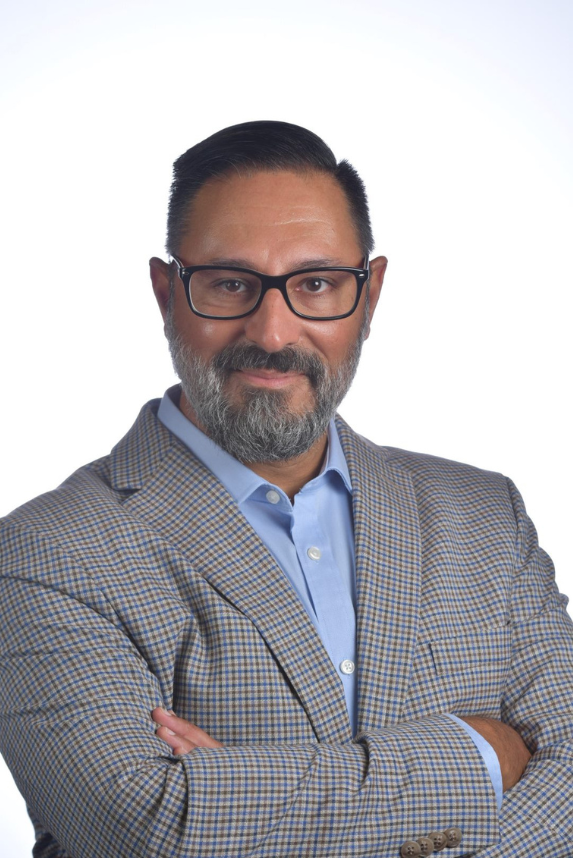
Jude Bergkamp, Psy.D.
(he/him)
Dr. Jude Bergkamp is the Chair of the clinical psychology program at Antioch University Seattle, as well as clinical faculty in the Department of Psychiatry and Behavioral Sciences at the University of Washington. He serves as President of the National Council of Schools and Programs of Professional Psychology (NCSPP), which includes almost one hundred professional psychology programs across the country. In addition, he serves on the American Psychological Association (APA) BEA/BPA Task Force on Doctoral Competencies in Health Service Psychology. He was trained in forensic and neuropsychology and has worked in the Washington State Department of Corrections, and currently as a forensic evaluator in the Office of Forensic Mental Health Services in Washington State. He is the recipient of the Psychologist of the Year 2019 from the Washington State Psychological Association and the Distinguished Alumni Award from Antioch University for his work on immigration reform in 2018. His current research interests include the decolonization of psychology, the exploration of social privilege as the flip side of oppression, the role social privilege plays in psychotherapy, and the cultural appropriation of Eastern Traditions such as Buddhism, Yoga, and Martial Arts.
Dr. Bergkamp is also an Affiliate Faculty of the Illumination of Mindfulness Institute at Alliant International University. He has been a Buddhist practitioner for over 30 years, starting with Soto Zen and then moving primarily to the Sakya School of Tibetan Buddhism. His residential study at the International Buddhist Academy focused on the Abhidharmakosa from the 8th-century scholar, Vasubandhu. Dr. Bergkamp’s decolonial orientation also encourages a strong critique of the Western cultural appropriation of Buddhist concepts, principally Western psychology’s modification of mindfulness. Other concepts of focus include spiritual bypassing, by which Westerners seek healing through Buddhist practice, and spiritual materialism, in which Westerners inevitably impose an individualist worldview onto Buddhist principles.

Melissa Kennedy, Ph.D.
(she/her)
Dr. Melissa Kennedy is a Core Faculty member in the Antioch University Seattle (AUS) Doctoral Program in Clinical Psychology and a private practice psychologist. In private practice since 2002, Dr. Kennedy works primarily with female-identifying persons, and the occasional male-identifying person, across the lifespan from an existential and relational cultural perspective. This perspective is augmented by the incorporation of somatic and developmental trauma theories and praxis.
Dr Kennedy is passionate about pedagogy and loves teaching. From 2005-2014, she taught Advanced Placement Psychology and Advanced Placement Statistics at Holy Names Academy, a private girls college prep school, winning an APA Excellent in Teaching award. From 2008-2010, she concurrently taught as Core Faculty at AUS. Returning AUS in 2019, she currently enjoys teaching core courses in cultural competency, professional issues and development, social psychology, and history and systems. Her research interests intersect with her teaching of special topics courses such as human sexuality, women’s psychology, relational cultural theory and praxis, somatic theory and praxis, and existential phenomenological theory and praxis. Since returning to AUS, Dr Kennedy has delved deeply into research in decoloniality and is constantly striving to learn further and incorporate this knowledge into her teaching.
Dr Kennedy’s research interests include defining decoloniality and social privilege as it applies to clinical psychology and its practice, decolonizing pedagogy across academic settings, and the processes of internalized colonialism (e.g., internalized racism, sexism, racial capitalism). An intersectional feministic, Dr Kennedy is particularly curious about the colonial mindset and the role of internalized sexism and misogyny as seen through developmental and religious trauma. She most frequently works from a qualitative perspective, utilizing Interpretative Phenomenological Analysis to bring the knowledge gained from listening to the lived experience of individuals, illuminating the realities of white supremacy and the colonial mindset we all share.
Student Researchers
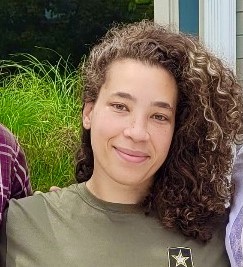
Eva Baker, Ph.D.
Research Assistant (she/her)
Bio
Hello, my name is Eva. I am currently a forensic evaluator at the Office of Forensic Mental Health Services, part-time Research Assistant with the DSPAI lab, and I dabble in civil forensic private practice. I received my B.A. in psychology at Hawaii Pacific University and Montclair State University and my Ph.D. in clinical psychology from the University of Texas Southwestern Medical Center. My professional interests include destigmatizing mental health and improving psychoeducation in the Black community, public policy work, and learning more about areas of psychology not traditionally taught in schools (critical psychology, Black psychology, liberation psychology). I also hope to soon become one of the very few Black board-certified forensic psychologists in the nation. Outside of work, I enjoy walking with my partner and dog, watching sports, playing darts, board games, spending time with my family and friends, and patiently waiting for the Sonics to return to Seattle. I am thrilled to have the opportunity to connect with other like-minded people and continue growing as a psychologist in the DSPAI lab.
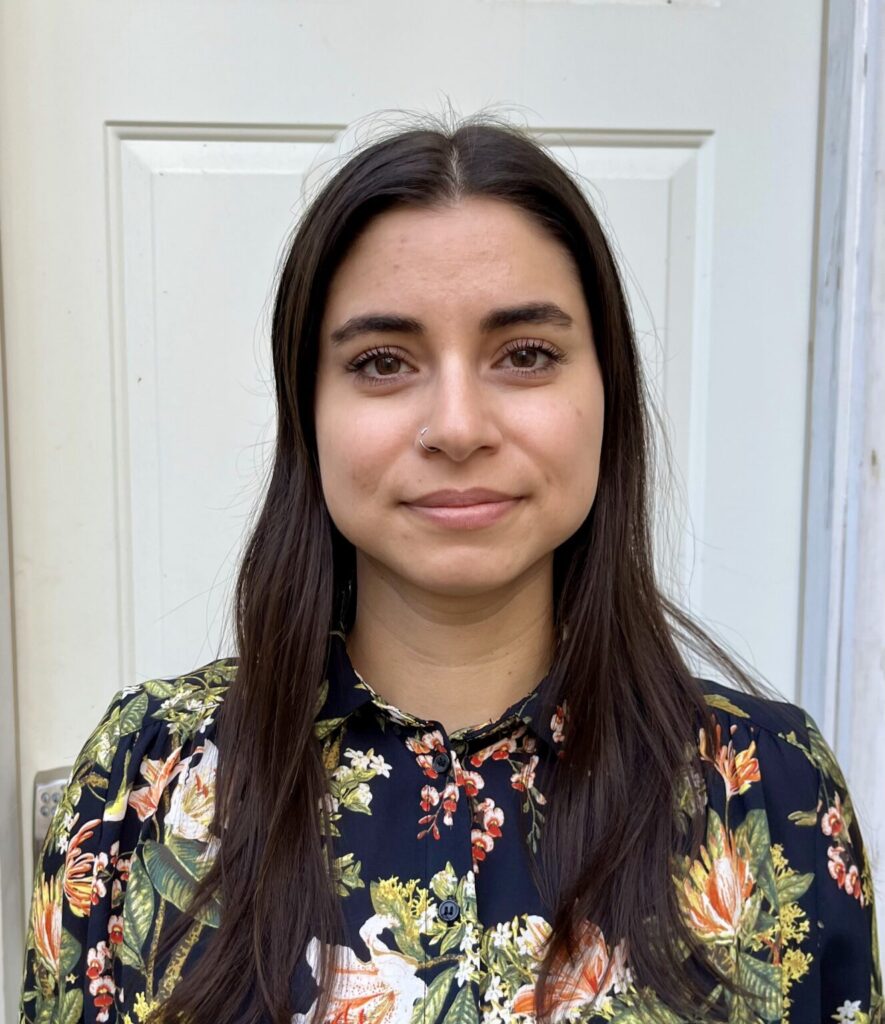
Natalie Kiran Sridhar
(she/her)
Bio
Natalie Kiran Sridhar is a first year doctoral student in Antioch’s Clinical Psychology program who joined DSPAI in 2023. Growing up as a mixed-raced individual, Natalie has gotten to see and experience how issues around coloniality, social privilege, and oppression can have extremely varied impacts on individuals and communities. She is passionate about pushing the field of psychology to be more self-reflective and inclusive. Natalie is particularly interested in issues related to identity, community healing, acculturation, and reclaiming what has been lost due to colonial forces. She looks forward to growing and learning with DSPAI.
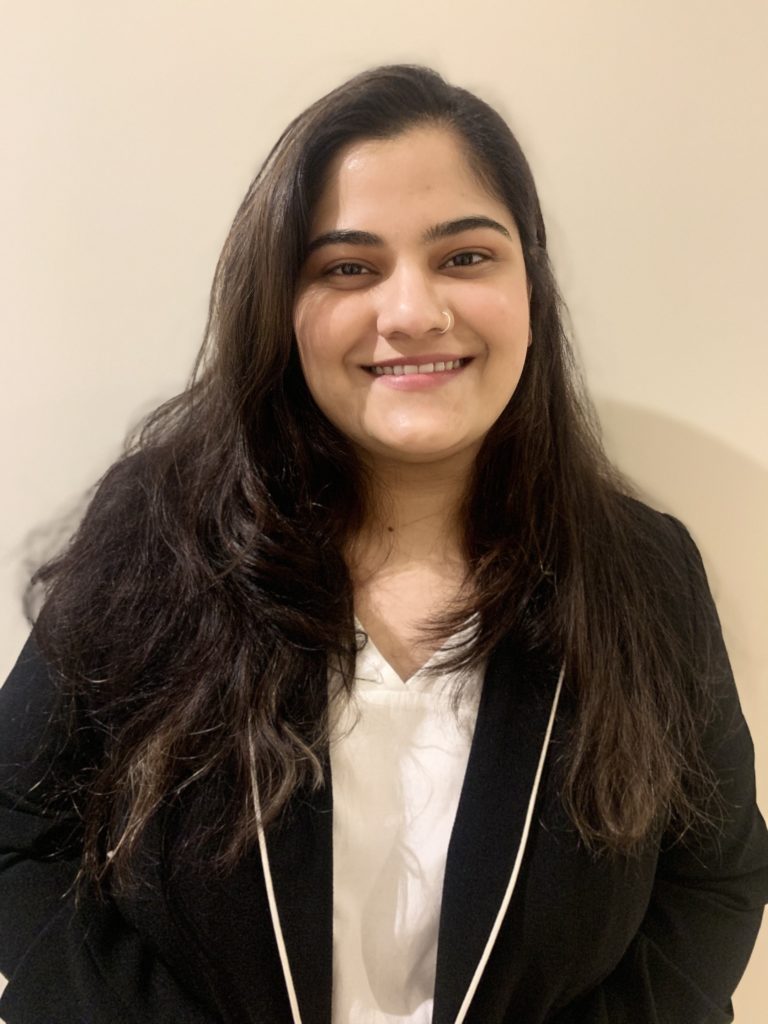
Aishwarya Lonikar
(she/her)
Bio
Hello, my name is Aishwarya Lonikar. I’m a Clinical Psychology student in the PsyD program at Antioch University Seattle. I have been a member of DSPAI since 2020 and was the fellow for this research lab during the 2021-2022 academic year. My current interests are related to reproductive justice, feminism, decolonizing case conceptualizations, creating more equitable spaces for BIPOC students at the doctoral level in their institutions, and learning about the therapeutic adaptations that can be made for BIPOC individuals. Being a part of the DSPAI lab has allowed me to expand my knowledge base and experience liberation. I have been provided an avenue to conduct research and have conversations that interest me.
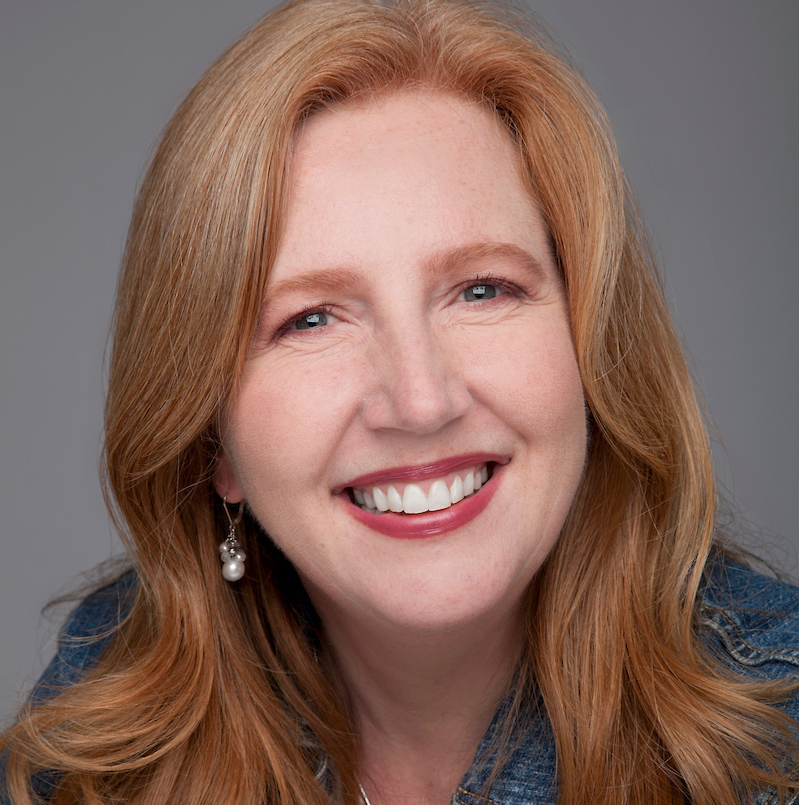
Cynthia Scheiderer
(she/her)
Bio
I’ve been challenging the status quo from the get-go. I have a chart from when I was four years old with plenty of gold stars for helping to set the table, but not a single star for “Say ‘ok’ and not ‘why.’” I never stopped asking “why?” and—to my mother’s relief!—I eventually learned to listen for wise answers. Now, after a career that spanned high tech, government, foundations, and owning my own small business, I am pursuing a lifelong dream to become a doctor. I chose the Doctor of Clinical Psychology program at Antioch University Seattle for the opportunity to study with its outstanding faculty and for its genuine commitment to social justice. I wish I could do all the things in psychology, but since that’s not likely, I’ve been exploring neuropsychology and geropsychology. I earned my bachelor’s degree in speech communication—rhetoric from California State University, Fullerton, and my master’s degree in adult education and training from Seattle University, with an emphasis on development across the lifespan and organizational development. I was a founding member of the board of directors of Foster Care Alumni of America and was recognized with their Vision Award. I live and work in Seattle with my husband Greg and two office cats, Tommy and Tuppence. When I’m not working, I’m usually gardening, traveling by train, seeing a play, or keeping score at a baseball game.
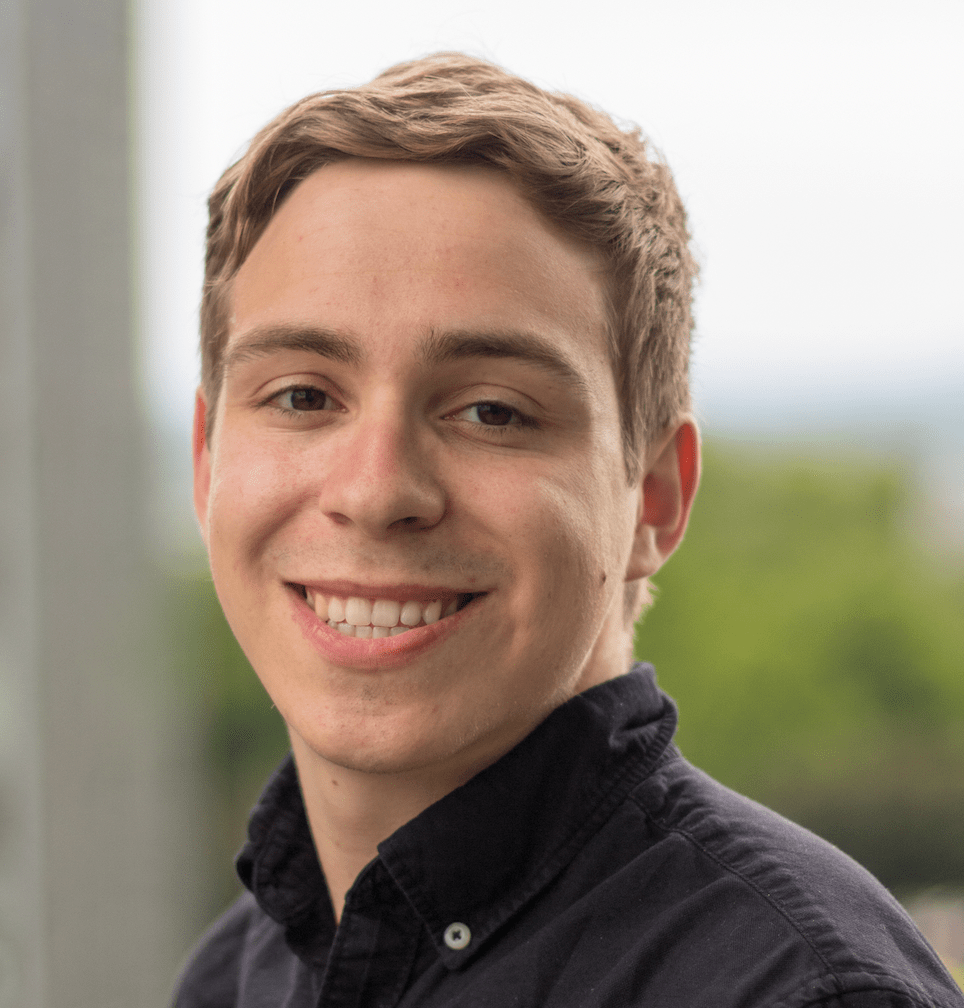
Noah Trantel
(he/him)
Bio
Hello, my name is Noah Trantel and I am a white, cisgendered, heterosexual able bodied, male who holds U.S citizenship. I am a third year Psy.D student at Antioch University in Seattle and have been part of DSPAI since 2019. The main components that draw me to this group are the commitment that the group has towards social justice, the respectful yet impactful discussions that they provide, and an opportunity to reflect on my own privilege. I am currently working on the Citizenship Privilege project and the Privilege in Psychotherapy project. I was drawn to this group initially because I love the topic of social privilege and privilege awareness and how it works in the world. Being a part of this group has allowed my interests to diversify and I currently am focusing on decoloniality and decolonizing practices. My current research interests are looking at the coloniality of Positive Psychology and how to talk about coloniality and decoloniality with peers and faculty.
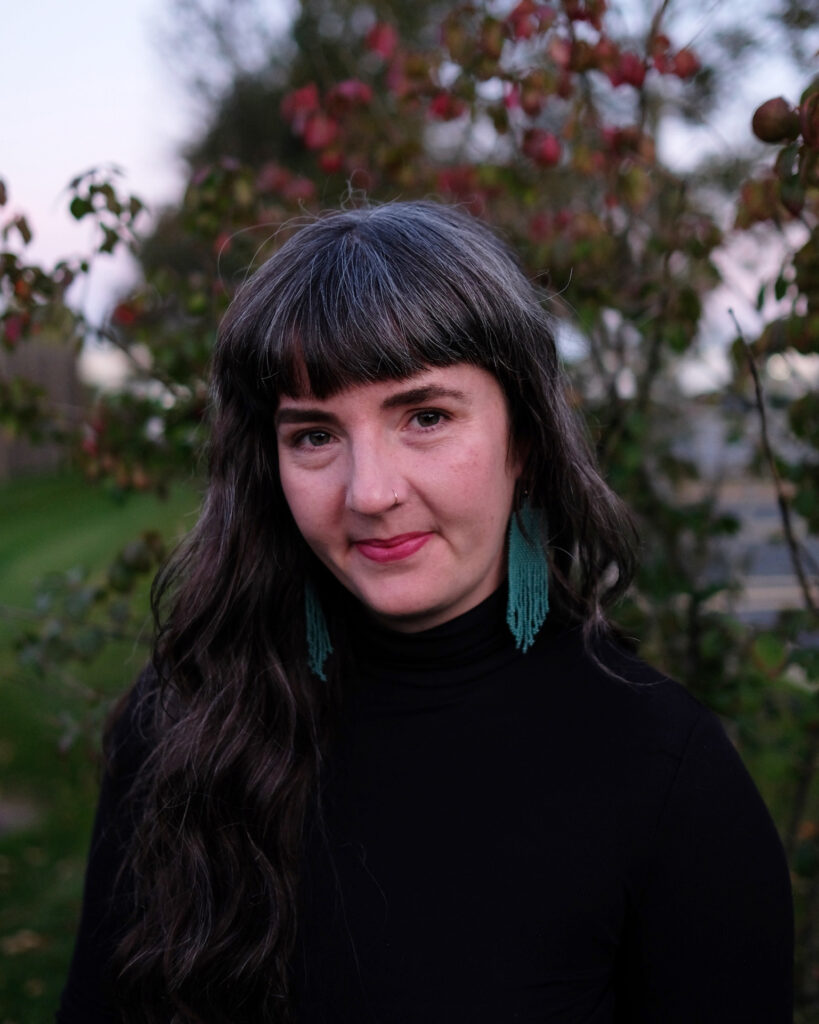
Maeve O’Leary Sloan
(she/her)
Bio
Hi! I’m a member of this group because I see awareness of decoloniality and social privilege as the praxis that guides my clinical work. As a young, white, and highly-privileged woman, it is critical for me to focus on the privilege that I have and how it impacts the way I show up in the world as a clinician and relate to my clients. My areas of interest include (but are certainly not limited to!) working with youth and families who are struggling to navigate the complexity of trauma and addiction, and who present with various behavioral struggles, such as irritability, anger, self-harm, or aggression. It’s an honor to be a part of this group – and I’m so proud of the work we’ve completed thus far and eager to see where we go from here!
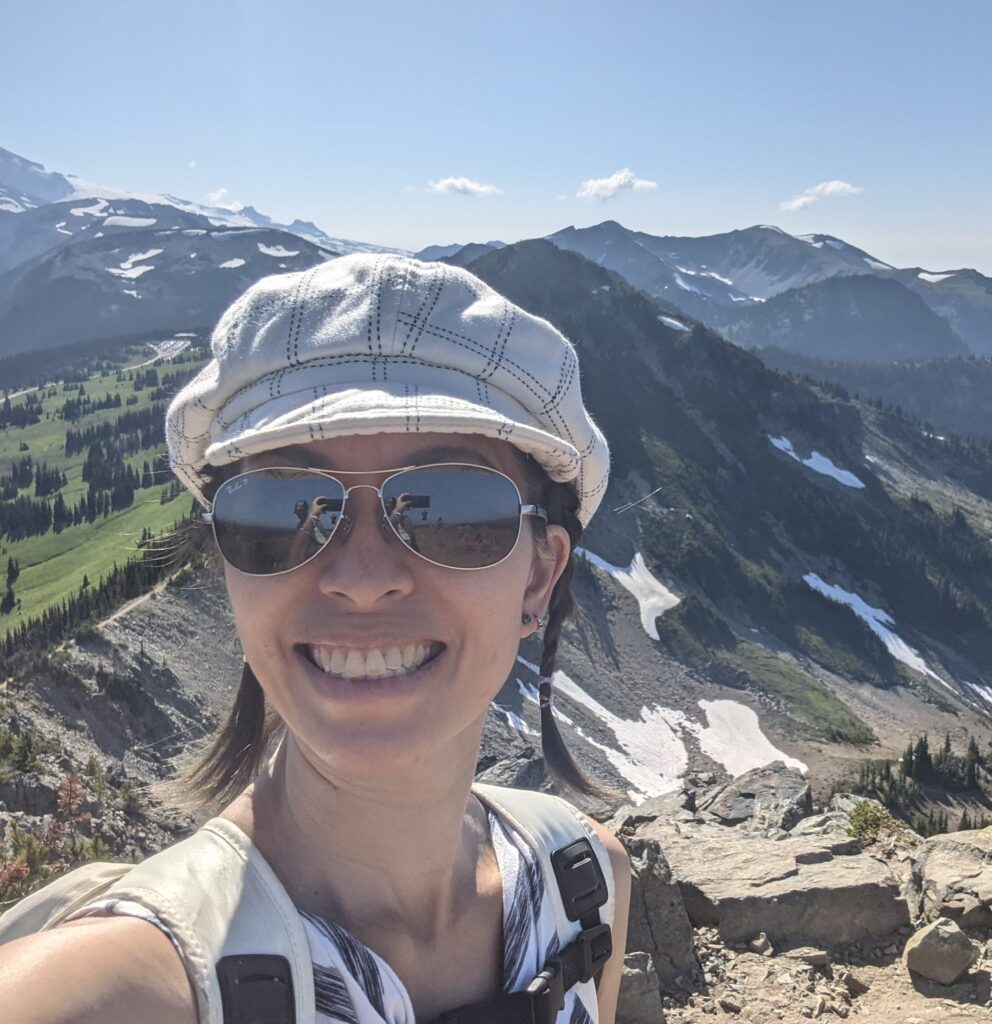
Shirley Lo
(she/her)
Bio
Hello, my name is Shirley. I am a first-year PsyD student at Antioch University Seattle (AUS). I joined DSPAI in October 2021 with a curiosity about coloniality and its impact on people. The group has been a great place for me not only because of the opportunities to do research but also the personal growth I have gained so far. The discussions we have every week are always meaningful, evocative, but respectful. I am intrigued by these conversations and have started building a project investigating how coloniality happens and people’s experience in the era during which coloniality is in the works.
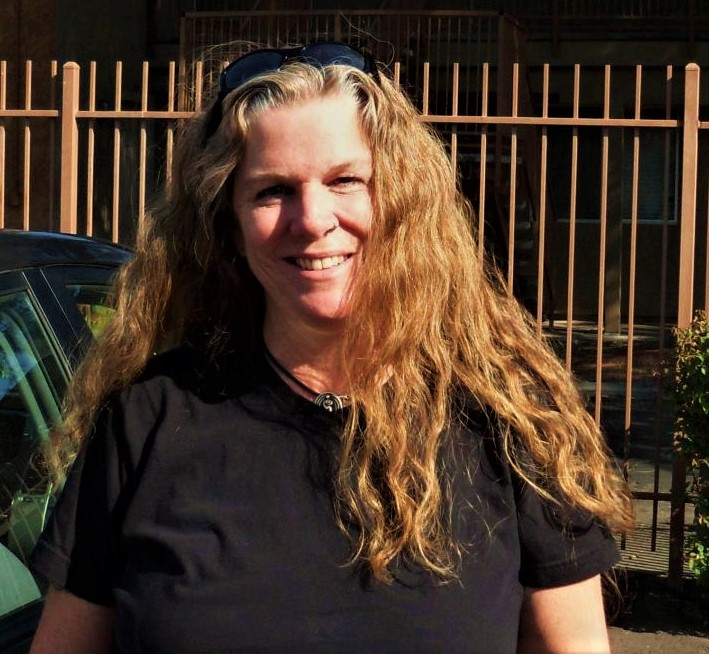
Calleaghn Kinnamon
(they/them)
Bio
My primary interests in psychology are experiences of trauma- personal, familial, cultural and historical, resilience and post traumatic growth, and multicultural dynamics and activism. As my studies and training have progressed, I’ve become acutely aware of powerfully larger social systems influence these things. I’m called to deconstructing what we/I “know” and how we/I know it, and working collaboratively to cultivate more accurate and helpful ways of approaching all aspects of mental health work and research, as well as more authentic, compassionate ways of humaning that support equity and wellness for everyone. I’m currently focused on my dissertation proposal (“Bringing it Home: Adaptations of Western Therapy by American Indian Therapists Working with Indigenous Clients”) and preparing to apply for my final internship year in the program.
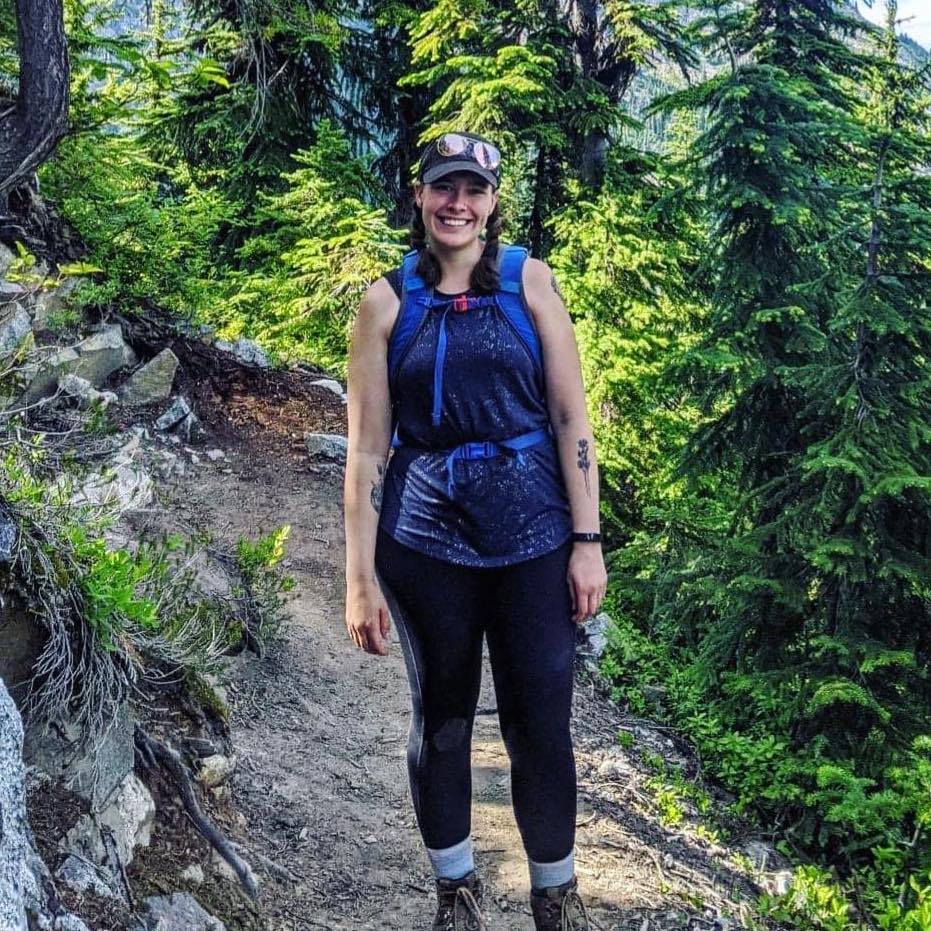
Megan Hauser
(she/her)
Bio
I am a third-year student in the AUS PsyD program. While I attended a Master’s program that boasted about its high level of cultural competence, I left the program feeling wildly unprepared to face issues of power and privilege dynamics in my clinical work. I came to Antioch in hopes of not only learning how to address power and privilege in the therapy room, but also to help find ways to teach other budding clinicians to do the same, as well as moving the field of Psychology toward a social justice approach. I am currently part of the privilege in social media project, and I am also interested in expanding on the therapist paragon project to understand and alleviate therapist burnout and traumatization. I’m so excited to be part of this group with such amazing students and faculty, and I’m excited to see what strides we make throughout my time at Antioch!

Malea Lash
(she/her)
Bio
I am a white, able-bodied, cisgender woman with United States citizenship. I joined DSPAI about two years ago in the pursuit of developing my own privilege awareness. Participating in this group has since ignited my passion for decolonizing psychology and shown me the value of community in research. The projects I am currently part of are The Dysconsciousness of Citizenship and The Therapist Paragon. I live in Seattle with my spouse and two cats, love spending time outside, and own a few too many houseplants.
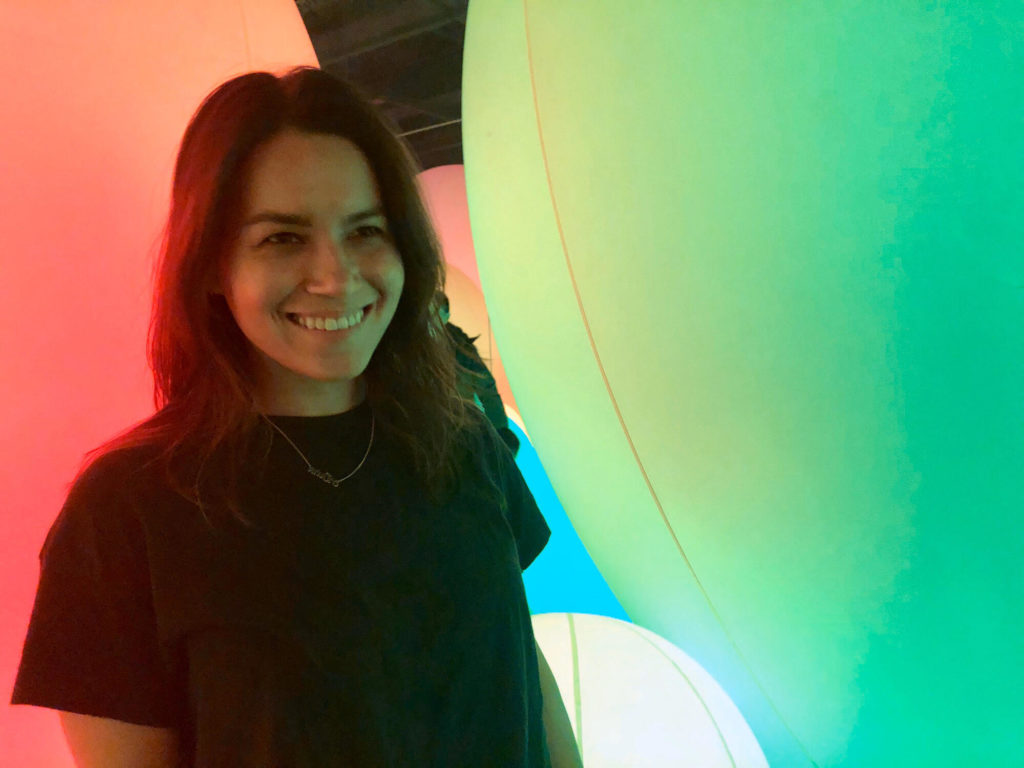
Abi Martin
(she/her)
Bio
I first became intrigued by issues of social privilege due to my social location and background. As a biracial and bicultural woman I noticed power differences within my own familial context. However, it wasn’t until I took Dr. Bergkamp’s Social Privilege and Multicultural Psychology course at Antioch University Seattle that I was able to make sense of my previous experiences. My graduate training has further cultivated my passion to explore social privilege with the purpose of uncovering strategies to disrupt and dismantle the status quo of dysconciousness and oppression. I have since been a member of DSPAI and thoroughly enjoyed participating in grounded theory research which led to the Developmental Social Privilege Integration Model (DSPIM). My dissertation focuses on transforming DSPIM into a measure and I am also excited by the opportunity to apply this research to clinical practice and training.

Nell Andersson
(she/her)
Bio
Nell Andersson is a second year student in the Clinical Psychology Doctoral (Psy.D.) program at Antioch University Seattle (AUS). In 2015, she graduated with her B.A. in Psychology from Goucher College and, in 2019, she graduated with her M.A. in Clinical Psychology from the University of Denver. Ms. Andersson has experience working with children, adolescents, and adult women, with focus on relationships, trauma, and substance abuse. Currently, she is a member of the AUS Decoloniality and Social Justice Initiative with hopes of improving the field of Psychology.
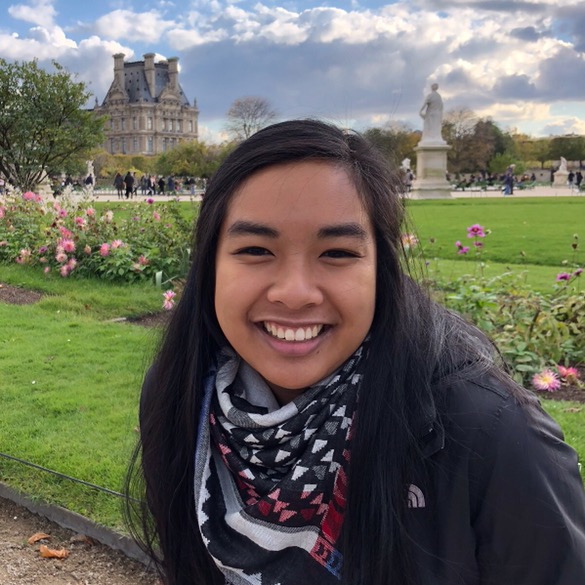
Annabelle Falloria
(she/her)
Bio
Hello, my name is Annabelle and I am currently a graduate student in the APA Accredited Clinical Psychology Doctorate (Psy.D) program at Antioch University Seattle. I am also a proud member of the Decoloniality and Social Privilege Awareness Initiative.
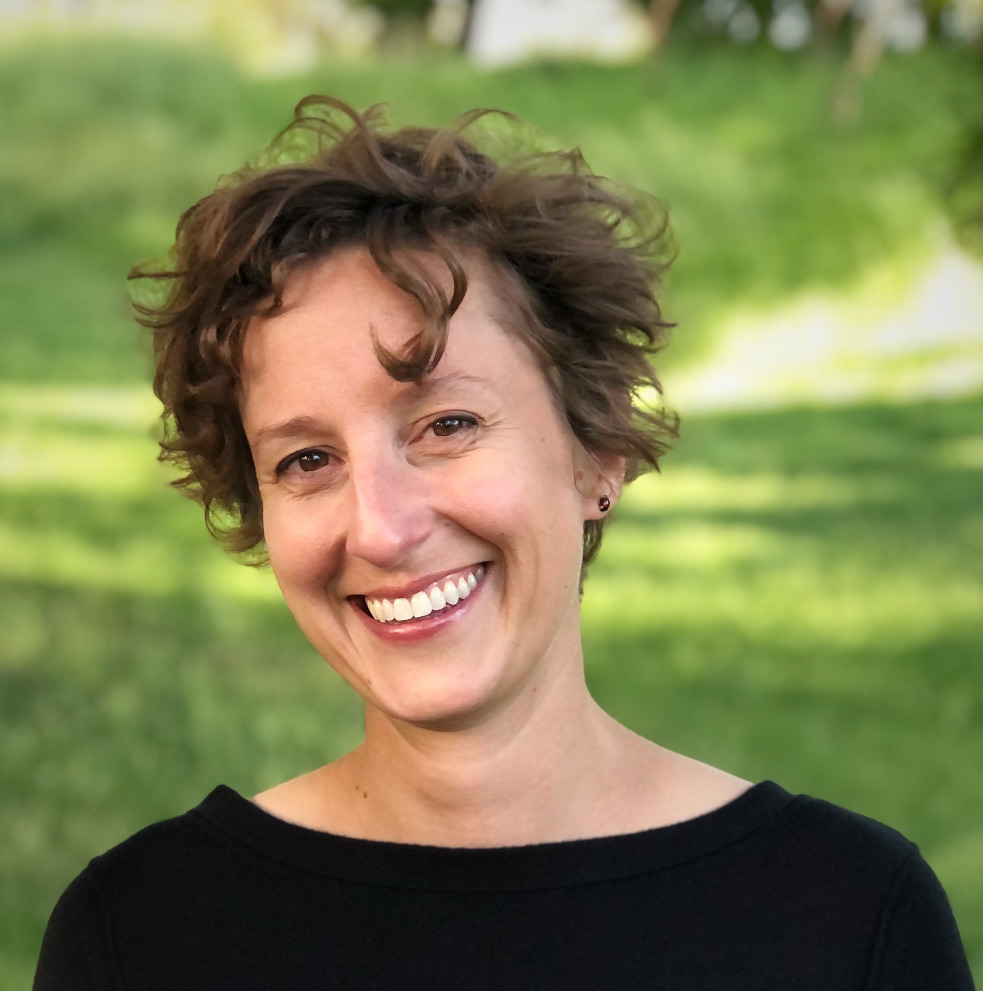
Lindsay Olson
(she/her)
Bio
When I joined Dr. Bergkamp and Abi Martin in my second year of the AUS PsyD program to explore privilege consciousness, I had no idea what this work would become – for me or for others. I am continually drawn to this group by the simultaneously challenging and liberating effect of interrogating dysconsciousness. Sharing this challenge with other group members gives me a sense of connection and purpose. I first encountered Joyce King’s description of dysconsciousness as I was researching my dissertation topic. Since then, it has radically reshaped my understanding of the moves I make as a multiply-privileged person. Although I enjoy embarking into the unknown of children’s privilege process with my Grounded Theory dissertation research, my favorite project will always be our first project, because of the experience of theorizing with others. I look forward to many more projects related to the experience of parenting and teaching consciousness for children.
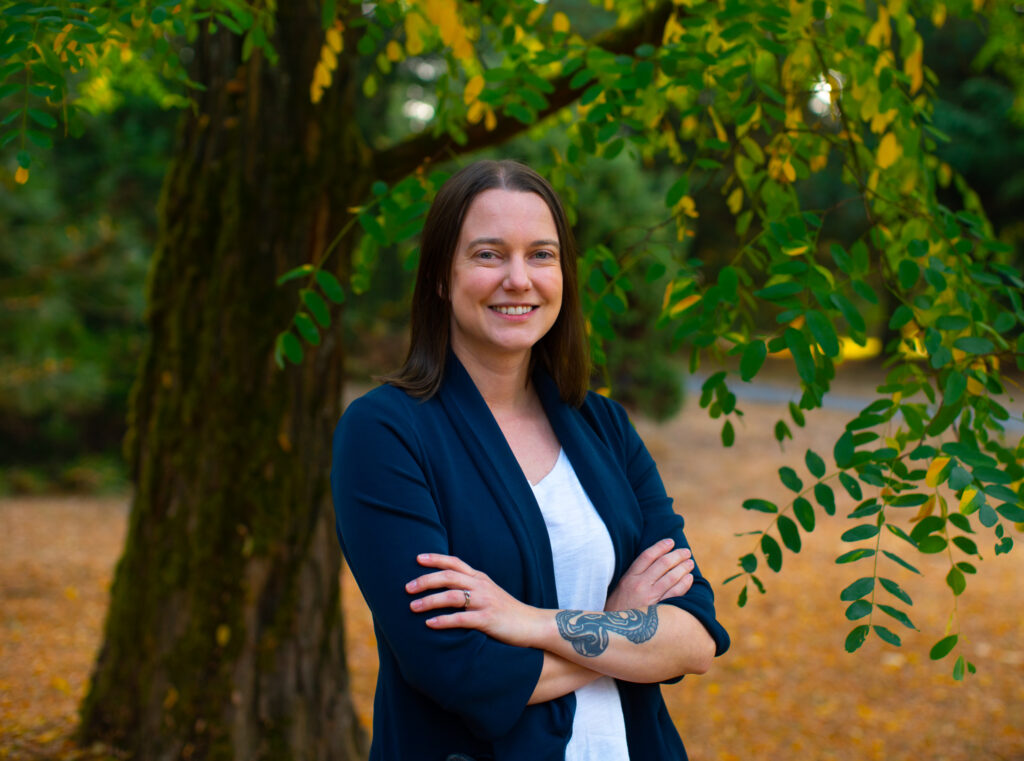
Avery Gudmundsson
(she/they)
Bio
Avery (she/they) is a first year doctoral student in Antioch’s Clinical Psychology program who joined DSPAI in 2023. Prior to entering the mental health field, Avery was a chef for 9 years which continues to influence her research interests and perspective today. Her research interests include equitable access to eating disorder treatment, colonial influence on the definitions of wellness vs pathology, the continued cultural influence of evangelical Christianity on American systemic structures, and evidence-based methods for creating systemic change in organizations to better support individual mental health, with a special interest in the restaurant industry.
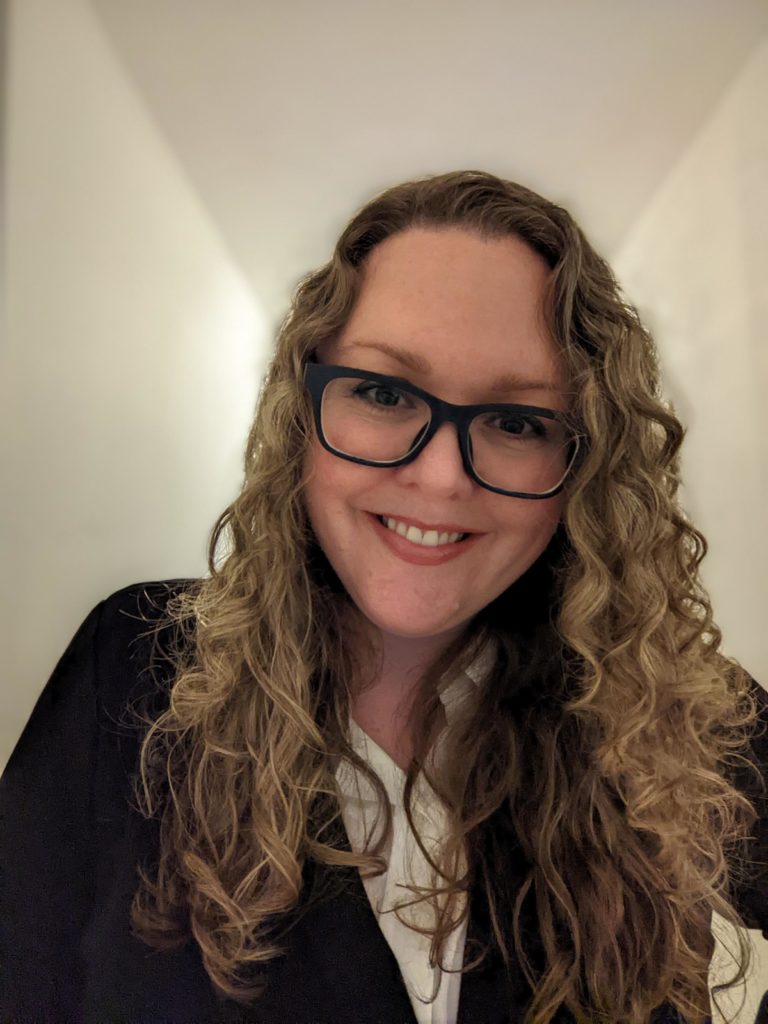
Heather Morris Tuip
(she/her)
Bio
Hi, my name is Heather, and I’m a PsyD student at Antioch University in Seattle. I joined DSPAI in the fall of 2020. I became interested in this group after watching two group members (now graduated) present on privilege awareness. I knew from that moment that I wanted to be a part of a group that talked openly about the privileges afforded to them by their social locations. Our weekly meetings have been a supportive environment where I can process current events and learn to be a more effective advocate and a better ally. I’m currently interested in immigration, disability rights, reproductive justice, and looking at positive psychology through a decolonial lens. I have several projects that I’m currently working on that have stemmed from these interests.
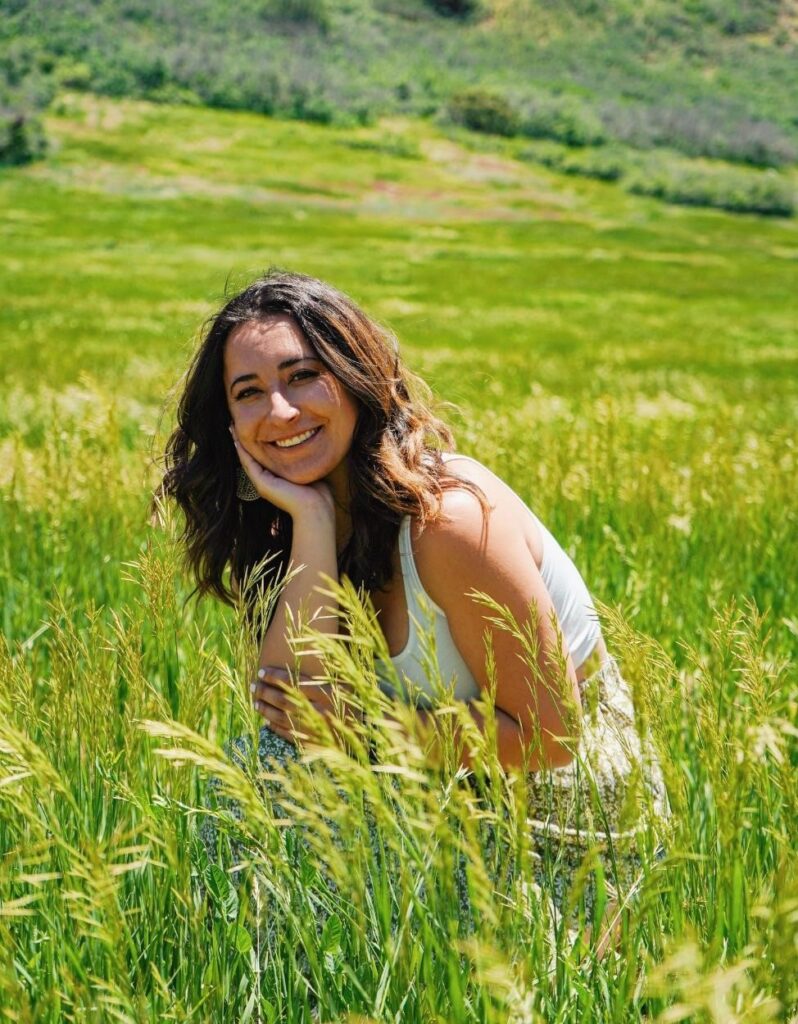
Morgan Rutkowski
(she/her)
Bio
Hello! My name is Morgan and currently am a doctoral student and the 2023-2024 Assessment Research Fellow studying to earn a Psy.D. in Clinical Psychology at Antioch University Seattle. Upon acceptance to this program, I earned dual B.A. degrees in Political Science and Psychology with an emphasis in forensic studies. I joined DSPAI because not only am I passionate about the interface of law and psychology, especially as it relates to corrupt policies and needed legal change, but also to develop a better sense of my own privilege as I continue in my clinical career. Although I worked as a Forensic Mental Health Clinician for 2 years with a diverse clientele, I never really felt prepared to address the realities of systemic injustice that offenders are often engulfed in once they enter the criminal justice system. As a future forensic evaluator, I want to incorporate my commitment to social justice throughout the assessment process. Ultimately, if we are not both aware of our own implicit bias and informed of the horrific consequences of selecting culturally biased tests, we are not only risking the well-being of our clients but also not upholding their unalienable constitutional right to due process and a fair trial. I’m excited to join DSPAI to advocate for better cultural practices within the legal arena. During my time in this group, I want to explore the need for culturally informed assessments as they pertain to different psycho-legal concerns (i.e., insanity/NGRI pleas, competency to stand trial, violence risk, threat assessment, etc.).